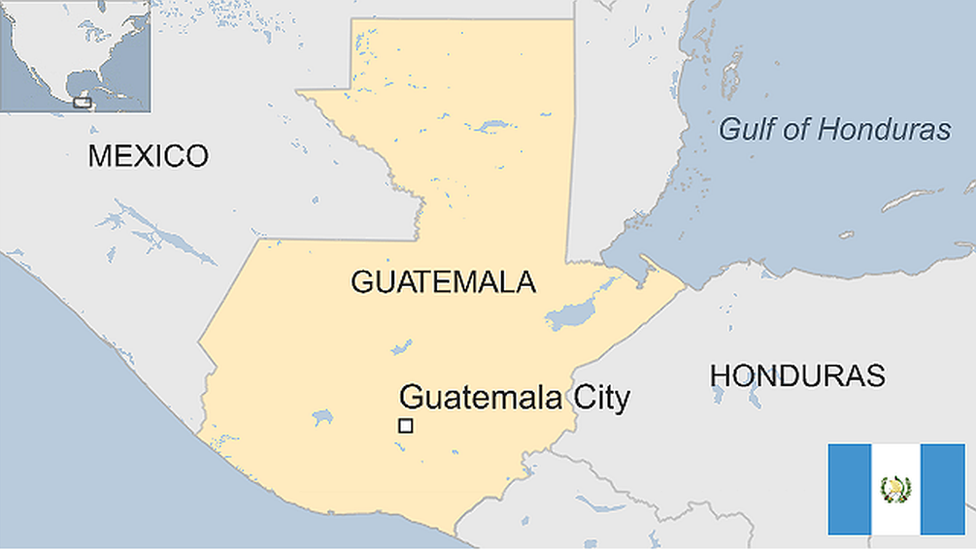Guatemala expels UN-backed anti-corruption commission
- Published
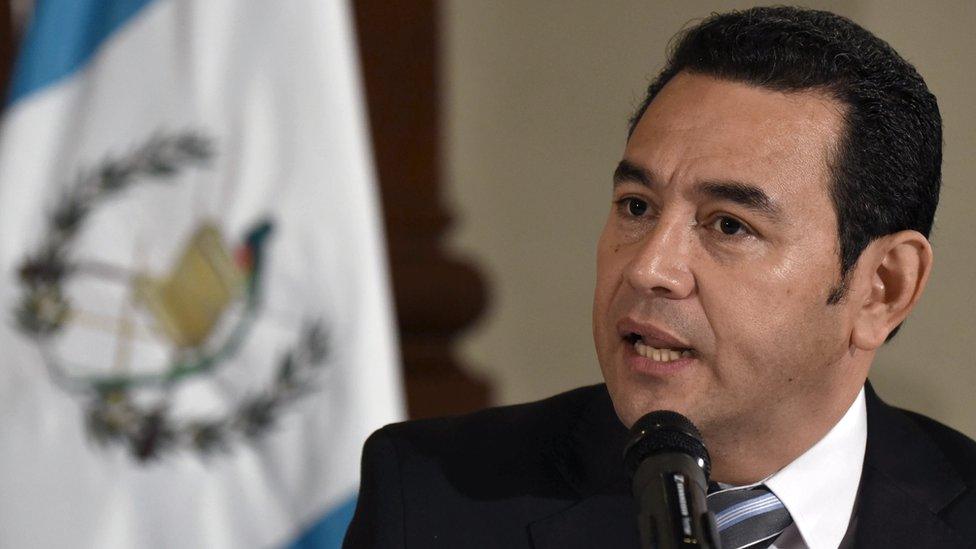
Guatemalan prosecutors have accused Mr Morales of funding irregularities in the 2015 election
Guatemala has said it is withdrawing from a UN-backed anti-corruption commission which has been investigating the country's President Jimmy Morales.
Guatemalan Foreign Minister Sandra Jovel said on Monday that the UN body had 24 hours to leave the country.
She said Mr Morales would continue the fight against corruption, but that there had been a misunderstanding about the investigations into his affairs.
Elected three years ago, Mr Morales initially supported the UN commission.
The mandate of the International Commission Against Impunity in Guatemala (CICIG) has helped prosecutors bring cases against dozens of senior officials and executives.
However, when Mr Morales became the subject of its investigations, the president said he would review its mandate.
His comments were criticised and led to street protests against official corruption and demonstrations demanding his resignation.
During a meeting with UN Secretary-General Antonio Guterres on Monday, Ms Jovel announced that the CICIG mandate, a United Nations body created in 2006 and designed to strengthen the country's rule of law, would be ending.
Mr Guterres responded in a statement, saying that he "strongly rejects" the decision, adding that the government must abide by the international deal.
The CICIG had sought to prosecute Mr Morales, who was a comedian before becoming president in 2016, over allegations of funding irregularities linked to his 2015 election campaign.
The UN backed calls for the removal of Mr Morales's immunity in order to allow him to be investigated.
That move followed separate CICIG investigations into members of the president's family.
- Published23 January 2018
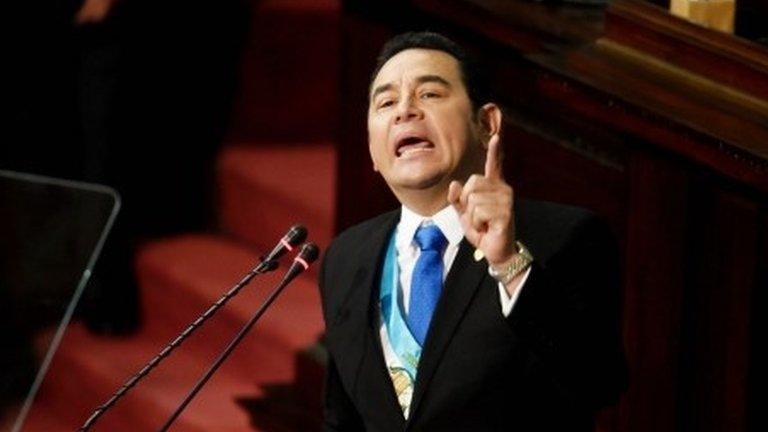
- Published13 February 2018
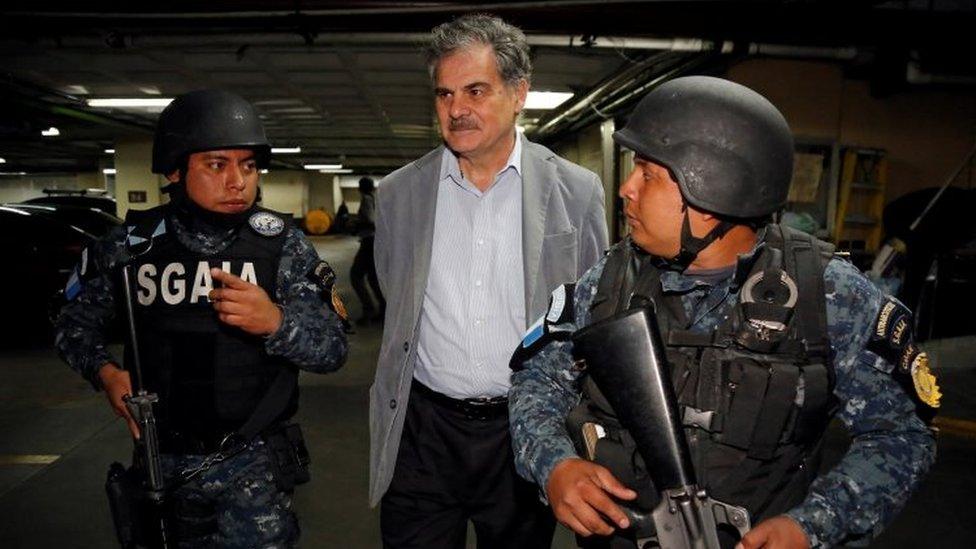
- Published29 August 2017
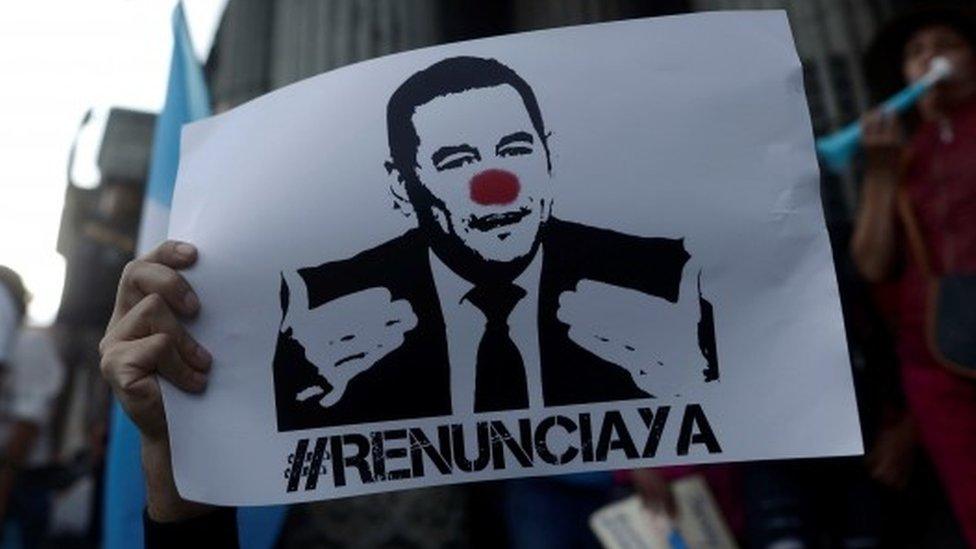
- Published4 September 2015
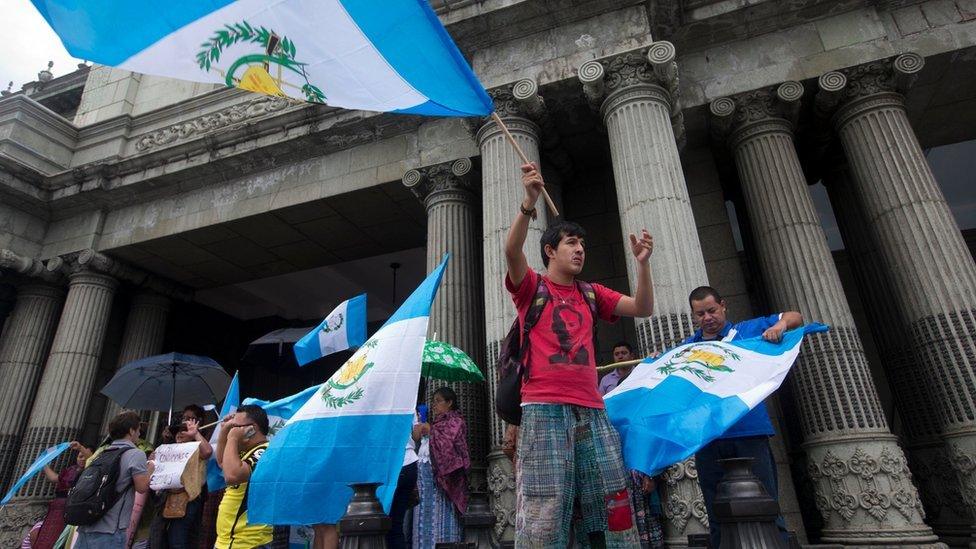
- Published15 January 2024
